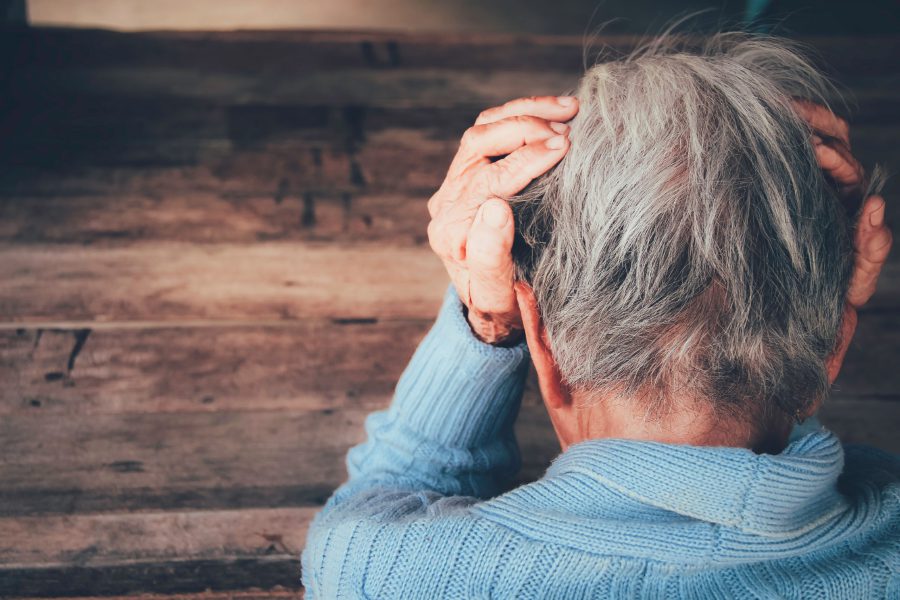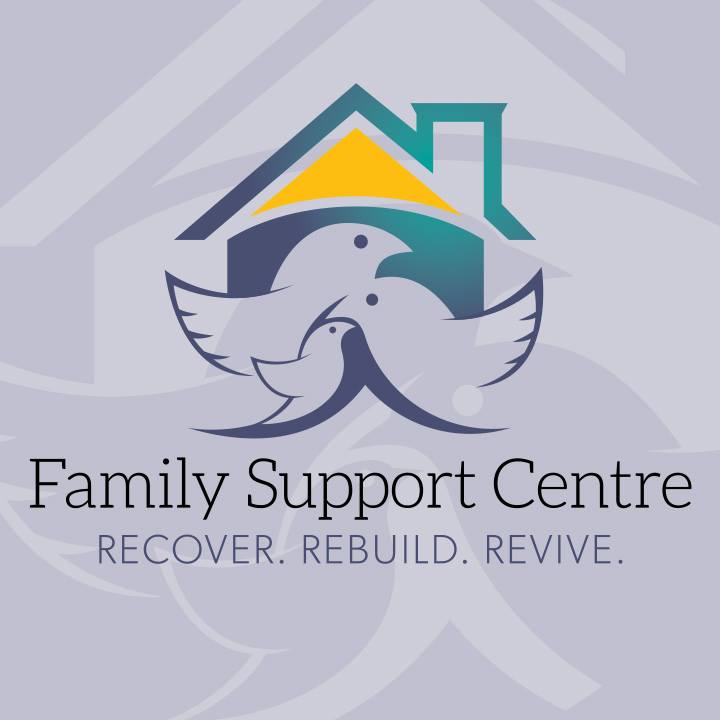ABUSIVE RELATIONSHIPS. CHILD ABUSE PREVENTION, ARTICLES, VIOLENCE
Elder Abuse Information

If you or someone you know is being abused, it’s okay to ask for help. No one ever deserves to be abused or neglected. Everyone deserves respect and are entitled to live in safe and secure environments.
What is elder abuse?
Elder abuse is a single or repeated action, or lack of action, that causes harm or distress to an older person. This abuse could be a single incident or many incidents over time. Often, more than one type of abuse is experienced by the victim.
A 2014 study by the NWT Network to Prevent Abuse of Older Adults (NWT Network) cites financial abuse and neglect to be the most prevalent forms of elder abuse. Other common types of elder abuse are physical and psychological abuse.
Financial abuse
Financial abuse involves actions that decrease the financial worth of someone without benefiting that person. According to Employment and Social Development Canada, financial abuse is the most commonly reported type of abuse by older adults. Examples of financial abuse include:
- Misusing or stealing someone’s assets, property, or money
- Cashing a cheque under someone else’s name without their consent
- Forging someone’s signature
- Pressuring someone to make or change a will
- Pressuring someone to sign legal documents
- Sharing someone’s home without paying a fair share of the expenses when asked to do so
Neglect
Neglect are inactions that result in harm to a person, usually by someone entrusted to care for someone, such as a family member or caregiver. Older adults are most vulnerable to neglect when they are socially isolated or have serious health conditions. Examples of neglect include failing to provide adequate amounts of:
- Water
- Food
- Shelter
- Clothing
- Medication
- Medical attention
- Basic necessities
Physical abuse
Physical abuse are actions that cause or risk causing physical pain or injury to a person. Examples of physical abuse include:
- Striking
- Hitting
- Pushing
- Shaking
- Burning
- Shoving
- Physical or chemical restraints
- Over-medicating or under-medicating
Psychological abuse
Psychological abuse are actions that decrease a person’s self-worth and dignity. Examples of psychological abuse include:
- Insults
- Threats
- Intimidation
- Humiliation
- Harassment
- Treating an adult like they’re a child
- Isolation from friends, family or activities
Who is affected by elder abuse?
Anyone can experience abuse, no matter their age, race, cultural, religious or socio-economic background.
According to a 2014 study by the NWT Network to Prevent Abuse of Older Adults, 70% of people in the Northwest Territories believe abuse against older adults is a problem in their community. This statistic comes from awareness of peers who are or have been abused. While some service providers in the NWT maintain records or incident reports of elder abuse, there is no system-wide collection or reporting on this data.
Why do many older adults not speak out about abuse?
The reasons older adults may not speak out or seek help for abuse are not always straightforward. Some of the most cited reasons according to the NWT Network are:
- Shame
Guilt
Denial
- Lack of perceived help available
Failure to recognize abuse
Acceptance of abuse
- Dependence on the abuser
The first step to encourage older adults to speak out against abuse is to raise awareness about the issue. Unfortunately, the responsibility is on the victim of abuse to speak out, unless they are under the care of a public guardian. With such great reluctance to report the abuse, the problem may remain hidden.
Some of the commonly cited reasons older adults don’t speak out include:
- Not knowing how to protect themselves
- Not knowing where to go for help
- Not knowing abuse is a crime
- Fear of consequences for themselves or perpetrators of abuse, who are usually family members or other close relationships to them
How can you tell if you or someone you know is being abused or neglected?
Elder abuse can often be difficult to detect. The abused individual may often feel embarrassed or ashamed of the abuse or may not recognize they are the victim of abuse. Here are some signs that may indicate someone is being abused or neglected:
- Fear, anxiety, depression or passiveness, especially in relation to their abuser
- Unexplained injuries
- Dehydration, poor nutrition or poor hygiene
- Improper use of medication
- Confusion about new legal documents, such as a new will or a new mortgage
- Sudden drop in cash flow or financial holdings
- Reluctance to speak about the situation
Who can help?
If you suspect that you or someone you know is being abused or neglected, there are a number of places in the Northwest Territories that you can reach out for help and/or support. Please refer to our resources page for a full listing of agencies in the NWT who can help older adults receive help and support.
What are some everyday things you can do to support the older adults in your life?
- Call them regularly
- Pick up their groceries, medications and other supplies
- Help them use digital tools like Zoom or FaceTime to stay connected
- Help get them to appointments safely
- Send them care packages with things to do
- Encourage them to stay active at home
Sources:
Employment and Social Development Canada (2016). Government of Canada.
Networking to Prevent Older Adult Abuse: A Comparative Research Study (2015). Lutra Associates Ltd. On behalf of the NWT Network to Prevent Abuse of Older Adults and the NWT Seniors’ Society.
Article Provided by:
Family Support Centre








